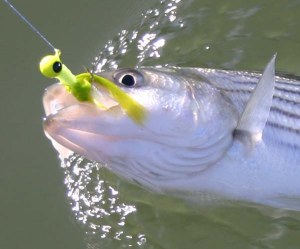The Lure and Power of Pornography

June 17, 2010

Donald Hilton Jr. has written a very helpful article in Slavo on the addictive properties of pornography. This in no way diminishes personal reponsibility or the reality that indulging in porn is sinful. However, to deny the power of porn to lure and hold its captives is naive and perhaps dangerous.
While some have avoided using the term “addiction” in the context of natural compulsions such as uncontrolled sexuality, overeating, or gambling, let us consider current scientific evidence regarding the brain and addiction.
This article will seek to answer two questions: (1) Biologically, is the brain affected by pornography and other sexual addictions? (2) If so, and if such addictions are widespread, can they have a societal effect as well?...
Drs. Robert Malenka and Julie Kauer, in a landmark paper in Nature in 2007 on mechanisms of the physical and chemical changes that occur in the brain cells of addicted individuals, said, “Addiction represents a pathological, yet powerful form of learning and memory.” We now call these changes in brain cells “long term potentiation” and “long term depression,” and speak of the brain as being plastic, or subject to change and re-wiring.
Dr. Norman Doidge, a neurologist at Columbia, in his book The Brain That Changes Itself, describes how pornography causes re-wiring of the neural circuits. He notes that in a study of men viewing internet pornography, the men looked “uncannily” like rats pushing the lever to receive cocaine in the experimental Skinner boxes. Like the addicted rats, the men were desperately seeking the next fix, clicking the mouse just as the rats pushed the lever.
Pornography addiction is frantic learning, and perhaps this is why many who have struggled with multiple addictions report that it was the hardest for them to overcome. Drug addictions, while powerful, are more passive in a “thinking” kind of way, whereas pornography viewing, especially on the internet, is a much more active process neurologically. The constant searching for and evaluating of each image or video clip for its potency and effect is an exercise in neuronal learning, limited only by the progressively rewired brain. Curiosities are thus fused into compulsions, and the need for a larger dopamine fix can drive the person from soft-core to hard-core to child pornography—and worse. A paper published in the Journal of Family Violence in 2009 revealed that 85 percent of men arrested for child pornography had also physically abused children.
Folks, this is an important article. I urge to carefully read it HERE.
HT: Justin Taylor




